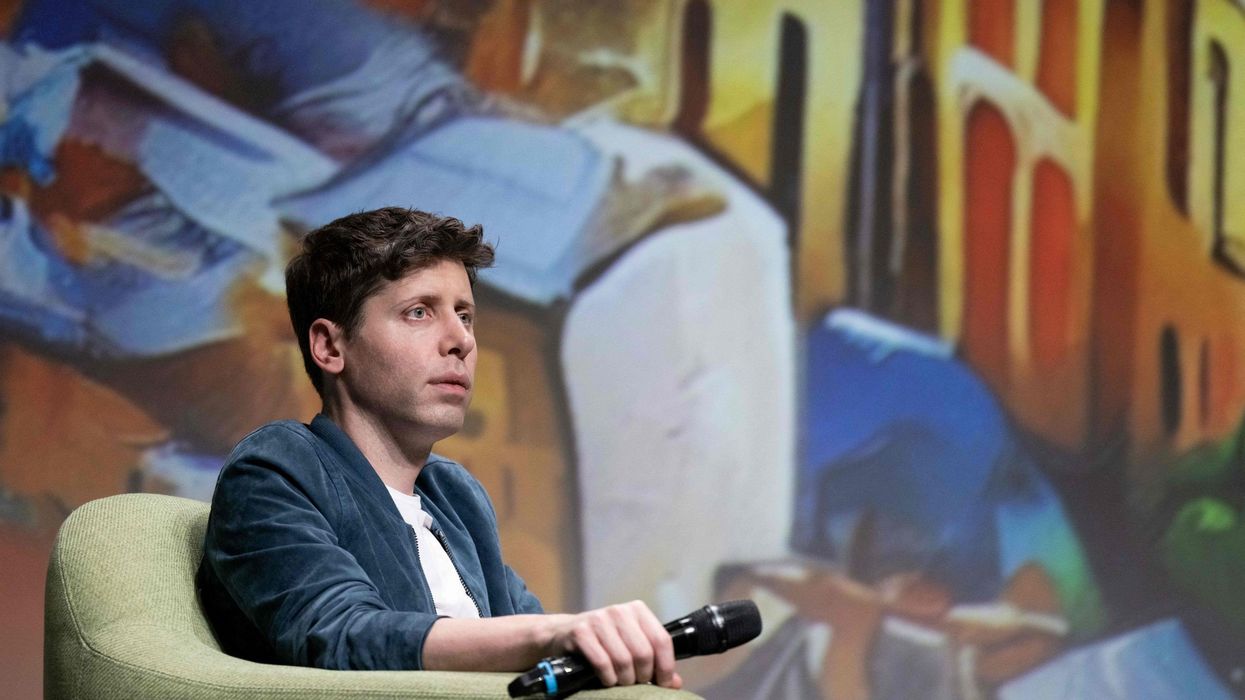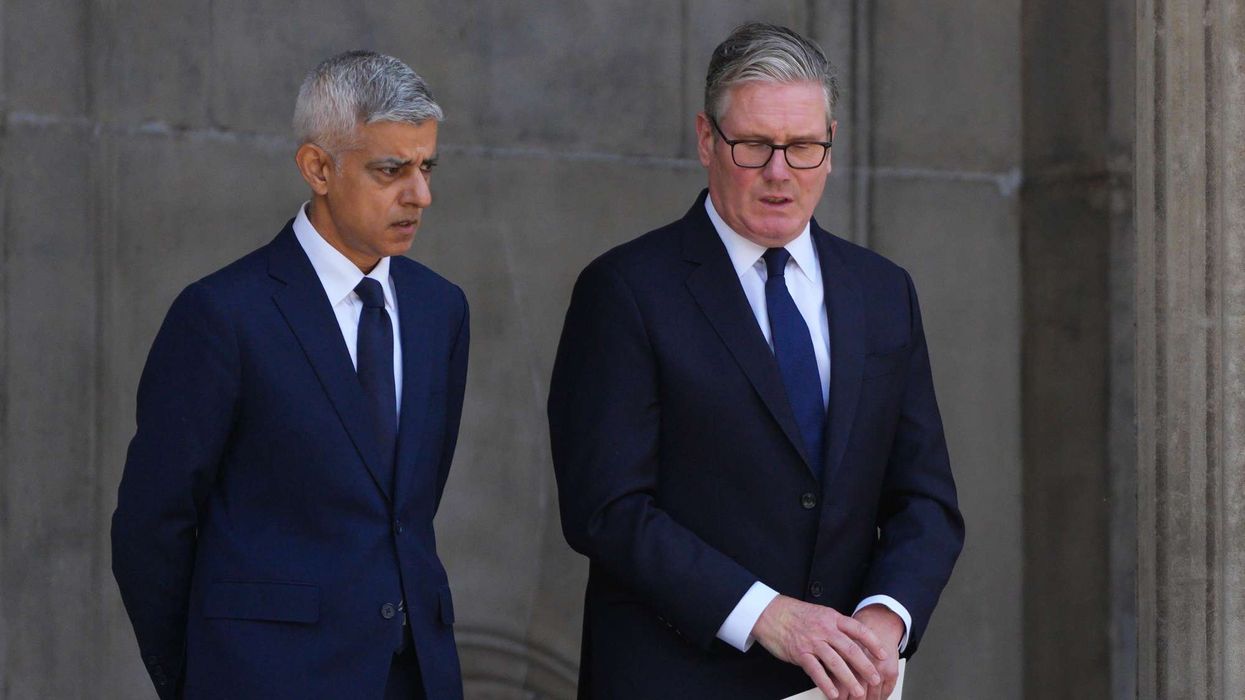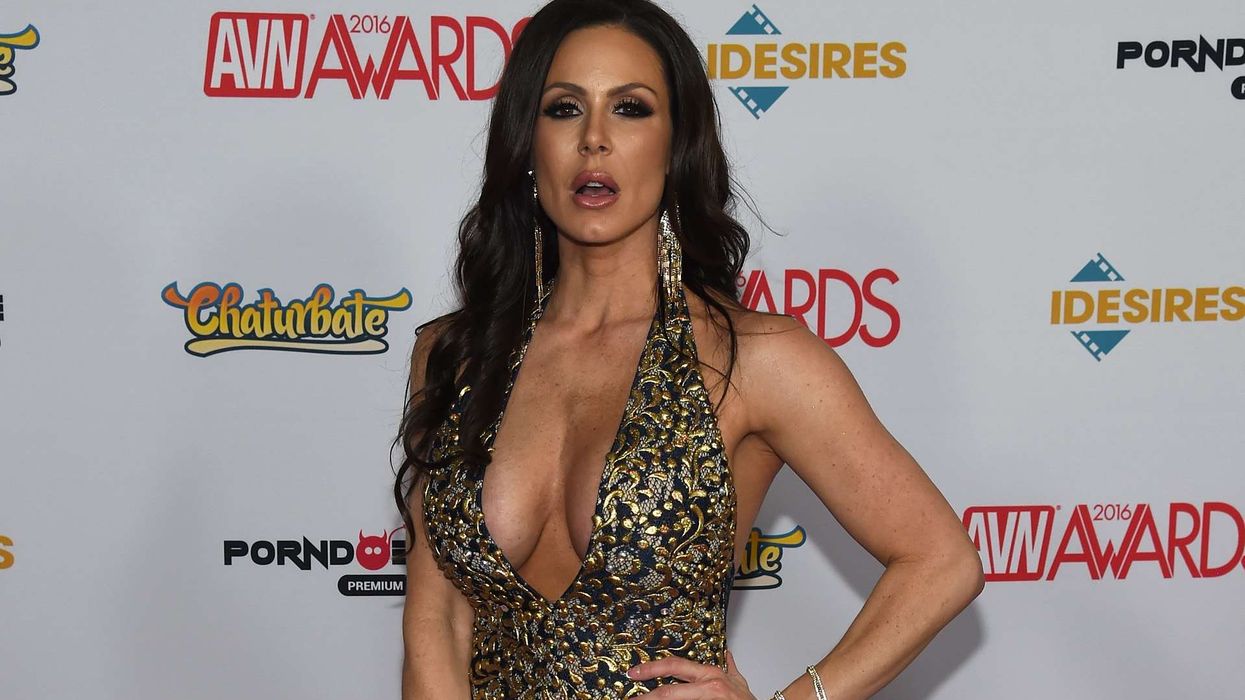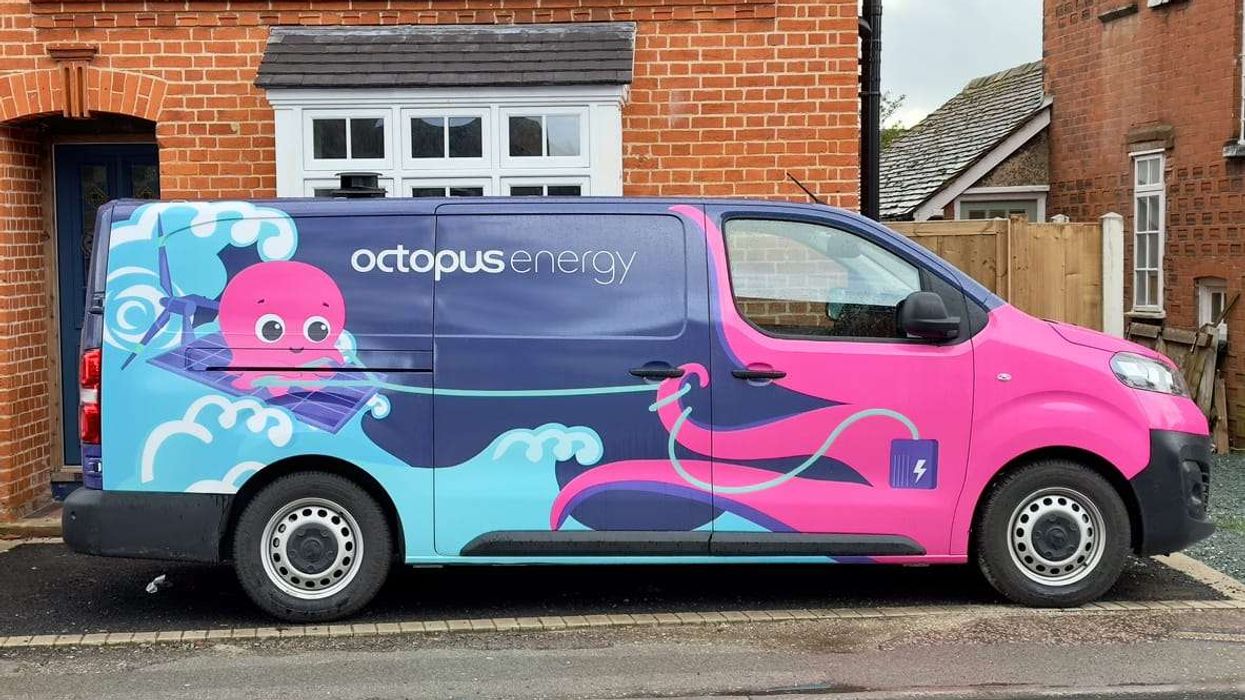A collective of industry leaders and experts on Tuesday (30) cautioned that global leaders must strive to mitigate "the risk of extinction" posed by artificial intelligence (AI) technology.
Dozens of specialists, including Sam Altman, whose company OpenAI developed the ChatGPT bot, endorsed a concise statement emphasising the significance of addressing AI risks as a global priority, comparable to other societal-scale hazards such as pandemics and nuclear war.
In late 2022, ChatGPT gained significant attention for its remarkable capacity to generate essays, poems, and conversations based on minimal prompts.
This breakthrough not only captivated interest but also triggered substantial investments, amounting to billions of dollars, in the field of AI. However, amid the growing success, both critics and industry insiders have expressed concerns about various issues.
These include the potential biases ingrained in algorithms and the potential for substantial job displacements as AI-powered automation becomes increasingly integrated into everyday existence.
The recent statement, published on the website of the non-profit organization Centre for AI Safety, did not provide specific information about the potential existential risks associated with AI.
However, it is worth noting that a number of signatories, including Geoffrey Hinton, who played a pivotal role in developing the foundational technology of AI systems and is widely recognised as a leading figure in the industry, have previously issued similar warnings.
The primary concern among experts has revolved around the concept of artificial general intelligence (AGI), which refers to the hypothetical point at which machines attain the ability to perform diverse tasks and develop their own programming.
The apprehension stems from the potential loss of human control over AGI, a scenario that experts have cautioned could lead to catastrophic outcomes for the human species.
The latest letter has been signed by numerous academics and specialists from companies such as Google and Microsoft. This significant endorsement comes just two months after billionaire Elon Musk and other prominent figures appealed for a temporary halt in the development of such technology until its safety could be convincingly demonstrated.
(AFP)












